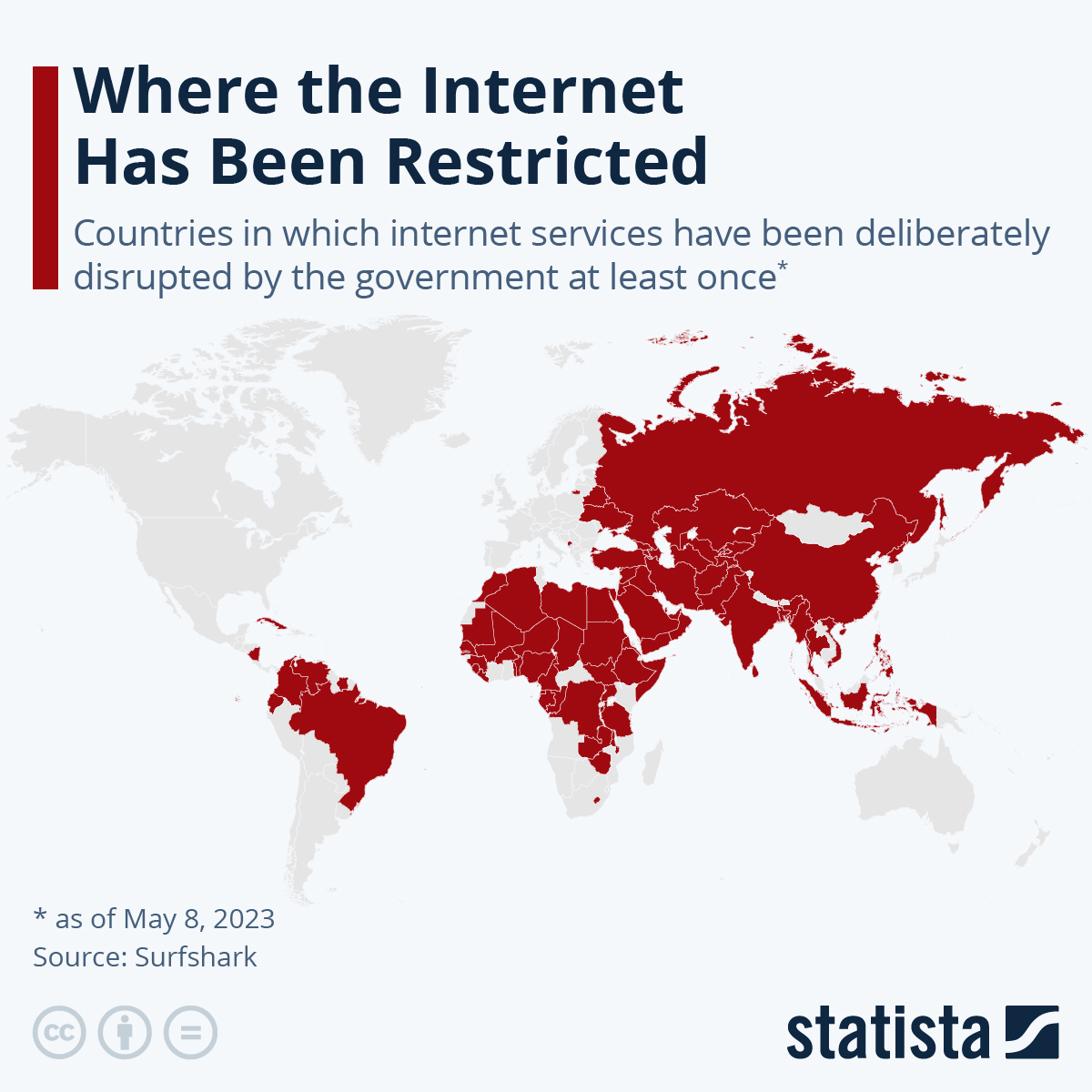Jordan to criminalize VPNs and internet freedoms under new cybercrime law
Jordan's Parliamentary Legal Committee approved a draft law with no substantial changes on July 25

Internet freedoms are at risk in Jordan under a new proposed cybercrime law. Among other things, the bill plans to criminalize the use of VPN services (in some scenarios) while giving authorities sweeping new powers to censor content online, throttle websites, and block social media.
The 41-article bill comes as a way to "tackle disinformation, hate speech and online defamation," said the government. It will replace the current legislation's 15 provisions enforced since 2015. The Parliamentary Legal Committee approved the draft with no substantial changes on July 25—digital rights watchdog Jordan Open Source Association (JOSA) reported.
Activists, civil societies, and journalists in and out the country are now calling Jordan policymakers to scrap the draconian law as it "will strongly undermine digital rights." At the same time, also the US government expressed its concerns for people's free speech and Jordan's technology sector growth.
"A dark prospect of Jordan’s civic space"
"The draft legislation will jeopardize digital rights, including freedom of expression and the right to information, and will ultimately fail in achieving the Jordanian government’s stated goals of tackling disinformation, hate speech, and online defamation," reads the open letter signed by 14 civil societies across the world, including Access Now, ARTICLE 19 and Human Rights Watch (HRW).
"Given Jordan’s judicial system lacks independence and is frequently used to prosecute human rights defenders, activists, journalists, and political opponents, this law offers a dark prospect of Jordan’s civic space."
Jordan has a bad track record when it comes to persecuting political dissidents and protecting civil rights. Last year's Freedom of the Net report labeled the internet in the country "partly free" due to widespread restrictions and state surveillance practices.
Digital rights advocates are especially worried for the broad language and vaguely defined terms present throughout the draft. Examples include undefined terminology such as fake news, promoting, instigating, aiding, or inciting immorality, online assassination of personality, provoking strife, undermining national unity, and contempt for religions.
Get daily insight, inspiration and deals in your inbox
Sign up for breaking news, reviews, opinion, top tech deals, and more.
They wrote, "Such vague provisions open the door for Jordan’s executive branch to punish individuals for exercising their right to freedom of expression, forcing the judges to convict citizens in most cases."
We have read the Cybercrime Draft Law, so you don't have to. Our verdict? It should be completely rejected.Let's have a look at the articles that most affect Internet Freedom, explained in plain language: (1/8) pic.twitter.com/JTeocFx034July 22, 2023
Even more worryingly, people in Jordan could also be punished for using a virtual private network (VPN). The security software is increasingly used worldwide to boost online anonymity and access to restricted content.
Under Article 12, citizens risk at least 6 months prison and fines up to 25,000 JDs (US$35,246) for using a fictitious IP address "with the intent of committing a crime or preventing its discovery."
It is worth noting that downloading and using a VPN or similar circumvention software won't be illegal per se. Yet, utilising these to access foreign media could be weaponised by authorities to punish journalists, political dissidents, and truth-seekers within the country.
This scenario is grim considering that, as the graph below shows, Jordanian authorities have previously enforced restrictions on the open internet.

Additionally, Article 24 aim to further restrict what people can share online. These include names, pictures or pieces of news that may offend law enforcement officials without prior authorization.
Under Article 33, public prosecutors and courts will have new sweeping powers to order any websites or social platforms to remove content, ban users as well as hand over their personal data.
Article 37 in the law aims to give the Jordanian government a stronger grip on social media platforms at large, requiring companies with more than 100,000 subscribers in Jordan to have offices in the country.
Activists are now inviting the government to an open dialogue to help lawmakers craft a law free from these controversies and risks. "Due to the repressive, ambiguous, and complex nature of the proposed law, Jordanian legislators must consult with civil society groups to explore alternative, rights-respecting ways of addressing legitimate concerns around hate speech and disinformation."


Chiara is a multimedia journalist committed to covering stories to help promote the rights and denounce the abuses of the digital side of life – wherever cybersecurity, markets, and politics tangle up. She believes an open, uncensored, and private internet is a basic human need and wants to use her knowledge of VPNs to help readers take back control. She writes news, interviews, and analysis on data privacy, online censorship, digital rights, tech policies, and security software, with a special focus on VPNs, for TechRadar and TechRadar Pro. Got a story, tip-off, or something tech-interesting to say? Reach out to chiara.castro@futurenet.com